
Social issues
Addressing critical social issues is a necessary endeavor that shapes the fabric of our societies. These issues cover a wide range of challenges, from poverty, inequality, and discrimination to environmental degradation, health care disparities, and the well-being of vulnerable populations. They are complex and multifaceted problems with profound and far-reaching consequences for individuals, societies, and the world at large.
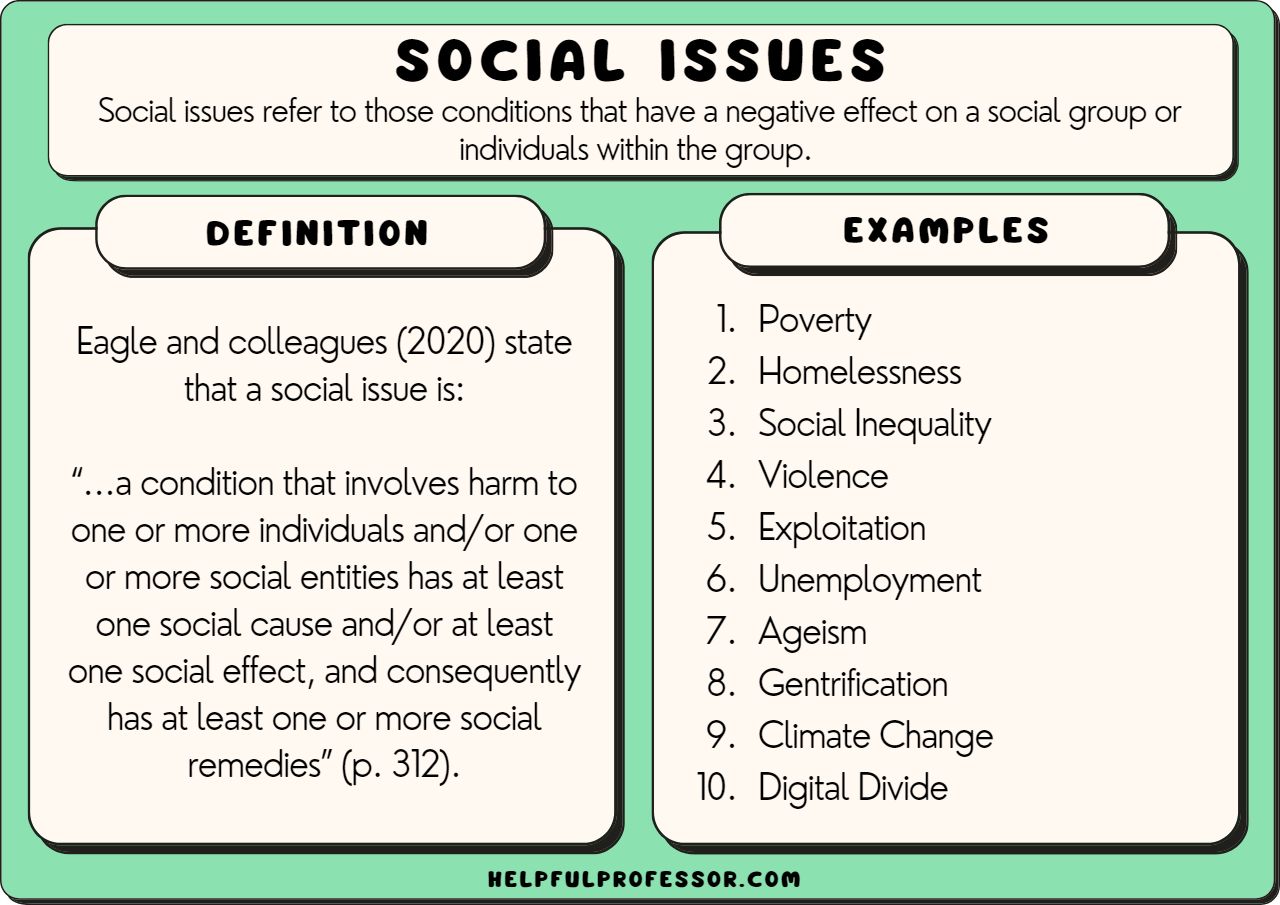
Economic inequality:
Economic inequality is one of the most important and pervasive social issues facing the world today. It refers to the unequal distribution of wealth, income, and opportunities among individuals, groups, and societies. This inequality manifests itself in many forms, such as differences in income, education, access to health care, and economic mobility.

Climate change:
Climate change refers to long-term changes in Earth’s average weather patterns, which are mainly caused by human activities such as burning fossil fuels and deforestation. This leads to global temperature rise, frequent and extreme weather events, sea level rise, and environmental disturbances.
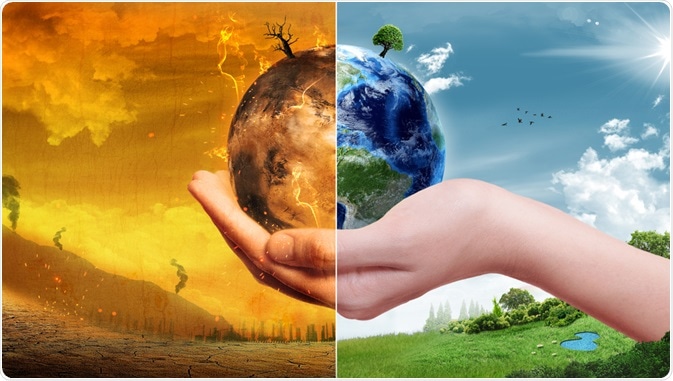
Racial Injustice:
Racial injustice refers to systematic discrimination, prejudice, and unequal treatment that individuals or groups face based on their race or ethnicity. This can manifest in many forms, including racial profiling, and inequality in education, employment, criminal justice, and health care.
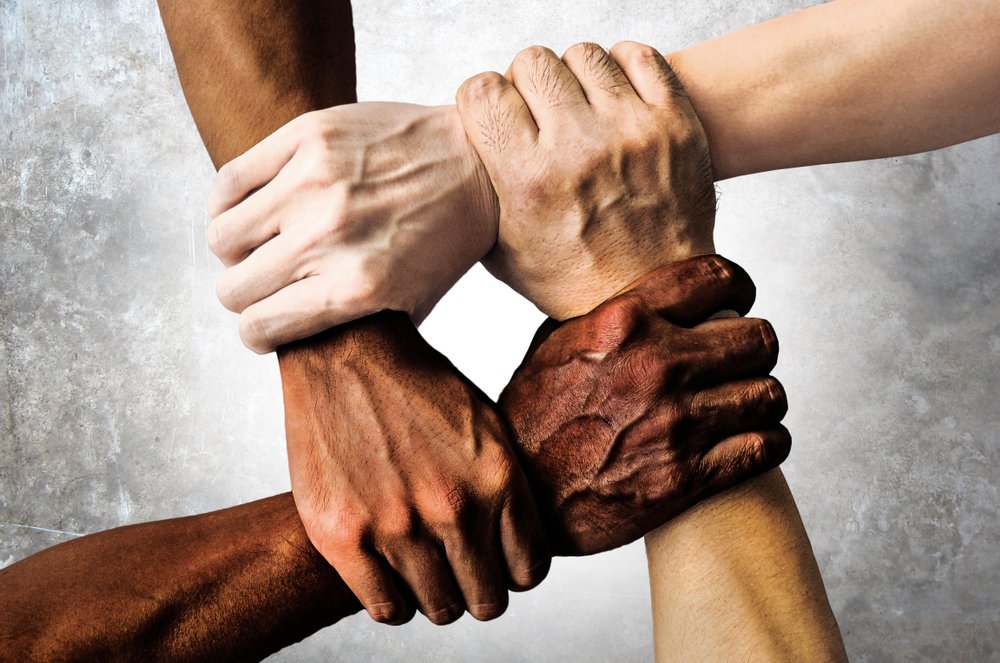
Access to quality healthcare:
Access to quality health care is a fundamental societal concern related to the ability of individuals to receive timely and effective medical services. This includes equitable access to medical facilities, affordability, and coverage for all, regardless of socioeconomic factors.
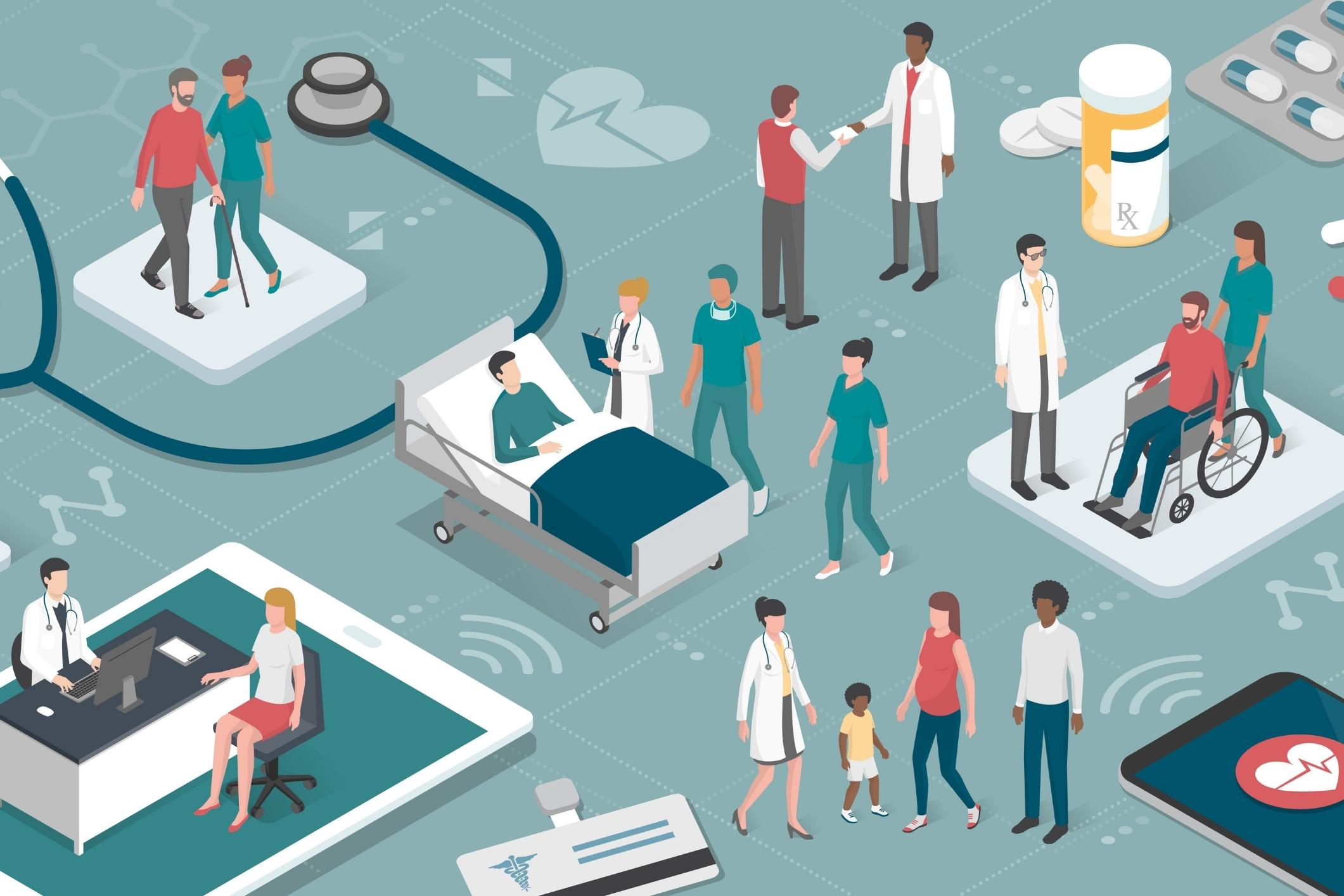
Mental Health Stigma:
Mental health stigma refers to negative attitudes, beliefs, and stereotypes surrounding mental illness and people who experience mental health problems. This stigma can manifest in many ways and has a profound effect on people’s lives, preventing them from seeking help, receiving appropriate treatment, and living fulfilling lives.
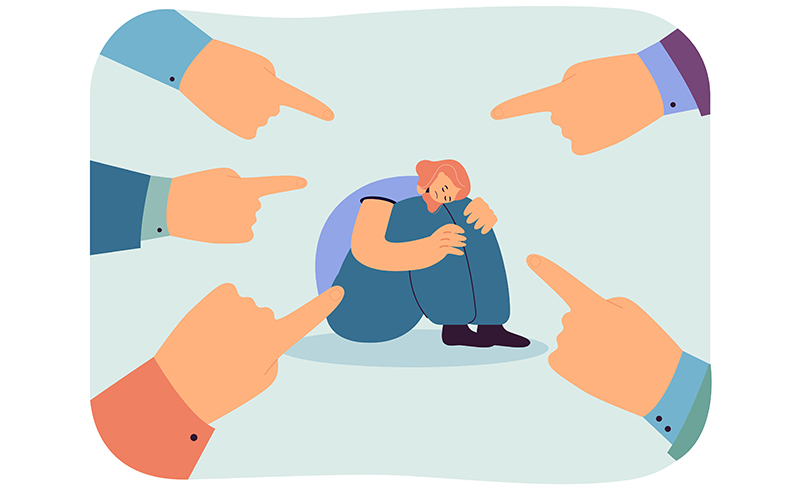
Gender equality:
Gender equality is a fundamental human rights principle and a vital social issue that focuses on ensuring that all people, regardless of their gender, have the same rights, opportunities,s and treatment in all aspects of life.
Educational inequalities:
Educational inequalities refer to the unequal access and quality of education experienced by different individuals or groups in a society or region. These inequalities are often caused by various factors such as socioeconomic status, geographic location, race, gender, and disability.
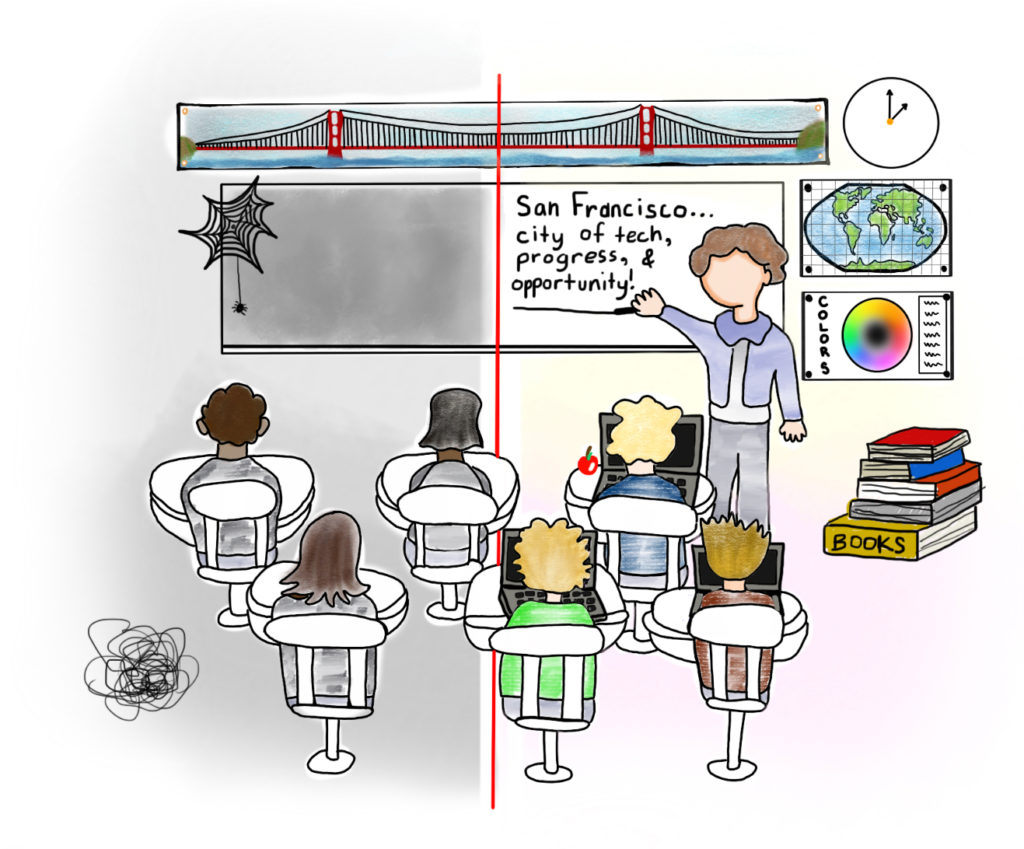
Refugees and Displaced Persons:
The issue of refugees and displaced persons is a global humanitarian challenge that requires joint efforts to address. This includes providing immediate assistance, respecting human rights, advocating for solutions, and fostering understanding and solidarity between nations and societies.

Access to clean water
Access to clean water is a basic human right and a critical global issue. This entails ensuring that all people have reliable and safe access to an adequate supply of clean, potable water for drinking, sanitation,n, and hygiene.

Aging population
Population aging is a change in the population distribution of a country towards older ages and is usually reflected by an increase in the mean and median age of the population, a decrease in the proportion of the population consisting of children, and an increase in the proportion of the population. The population consists of the elderly.
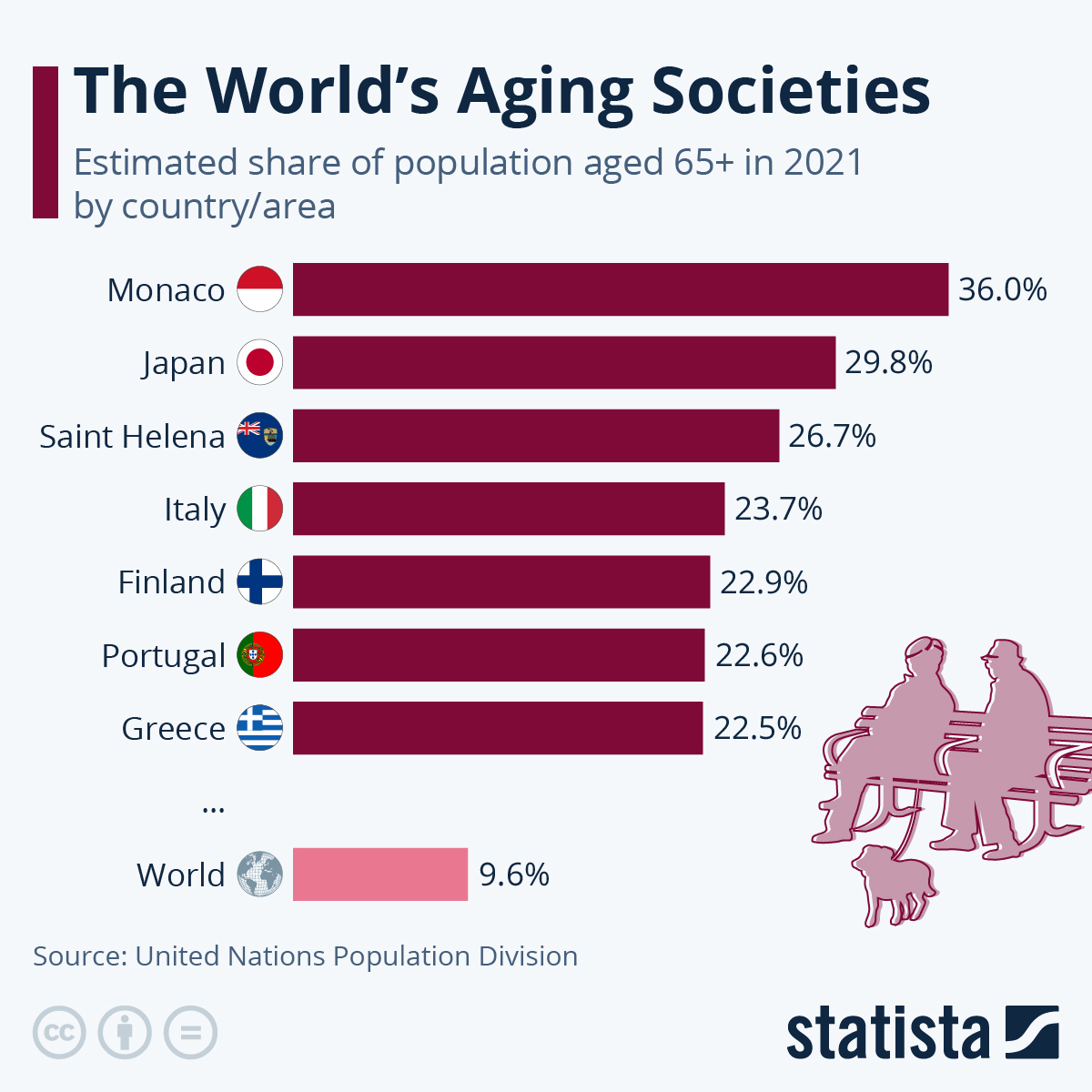
Conclusion
These social issues hinder the progress of the society. Therefore, we all must come together to fight them and end them for the greater good.

Leave a Reply